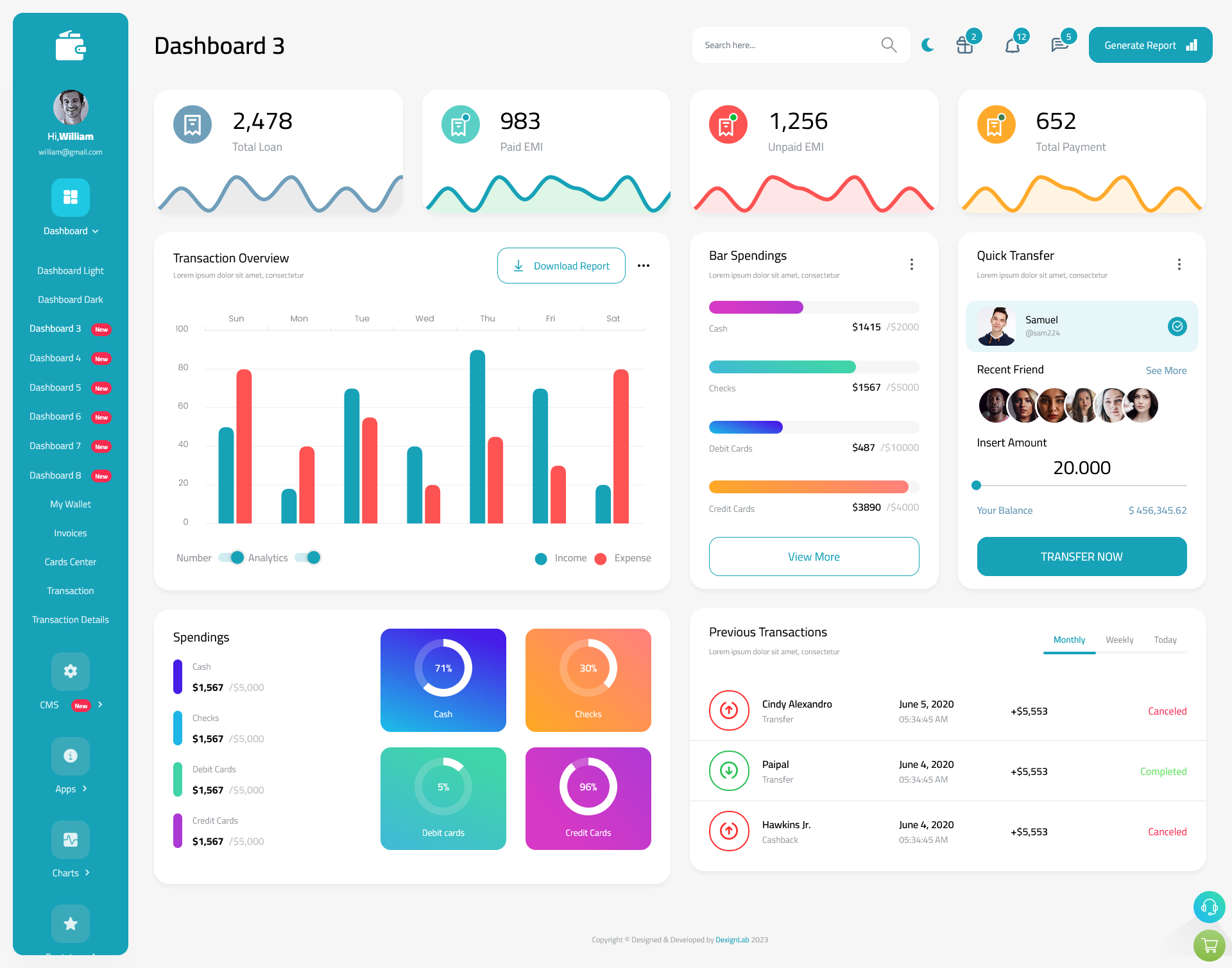Big Tobacco and Their Impact on Society
Big Tobacco and Their Impact on Society
Introduction:
The tobacco industry, commonly known as Big Tobacco, has had a profound and multifaceted impact on society. From its widespread production and consumption to its negative health effects and economic consequences, the industry has sparked debates and controversies for decades. This article examines the far-reaching implications of Big Tobacco on various aspects of societal well-being.
Health Impact:
One of the most significant consequences of Big Tobacco is its detrimental impact on public health. Cigarettes and other tobacco products contain numerous harmful chemicals, including nicotine, tar, and carbon monoxide, which have been linked to a multitude of health issues. According to the World Health Organization (WHO), tobacco use is the leading preventable cause of death globally, claiming the lives of over 8 million people annually.
Cancer: Tobacco smoke is a known carcinogen, meaning it can cause cancer. Smoking cigarettes has been strongly associated with an increased risk of lung cancer, as well as cancers of the mouth, throat, esophagus, stomach, pancreas, kidney, and cervix.
Cardiovascular Disease: Tobacco use significantly elevates the risk of developing cardiovascular diseases such as heart attacks, strokes, and peripheral artery disease. Chemicals in tobacco smoke damage the heart and blood vessels, leading to the formation of plaques that can block blood flow.
Respiratory Diseases: Smoking cigarettes contributes to chronic respiratory diseases, including chronic obstructive pulmonary disease (COPD), emphysema, and chronic bronchitis. These conditions cause shortness of breath, coughing, and difficulty breathing.
Other Health Effects: Tobacco use has been linked to a range of other health problems, including gum disease, tooth decay, cataracts, and impaired fetal development in pregnant women.
Economic Impact:

In addition to its detrimental health effects, Big Tobacco has also had substantial economic consequences. The production, distribution, and consumption of tobacco products contribute to the generation of revenue and employment opportunities, but these benefits are often offset by the enormous healthcare costs associated with tobacco-related diseases.
Healthcare Costs: The economic burden of tobacco-related diseases is staggering. In the United States alone, smoking-attributable healthcare expenditures amount to billions of dollars annually. These costs include hospitalizations, medications, and long-term care for individuals suffering from tobacco-related illnesses.
Lost Productivity: Tobacco use also leads to substantial economic losses due to lost productivity. Workers who smoke are more likely to miss workdays due to illness, resulting in reduced output and economic growth.
Taxation: Tobacco products are subject to taxation in many countries, which generates revenue for governments. However, the healthcare costs associated with tobacco use often outweigh the tax revenue generated.
Environmental Impact:
Big Tobacco's operations and products have significant environmental consequences. The cultivation of tobacco requires vast amounts of land, water, and fertilizers, contributing to deforestation, soil degradation, and water pollution. Additionally, the manufacturing and disposal of cigarettes and other tobacco products generate substantial waste, including toxic chemicals and non-biodegradable materials.
Deforestation: Tobacco farming often involves the clearing of forests to make way for tobacco plantations. This deforestation results in habitat loss for wildlife and contributes to climate change by reducing the absorption of carbon dioxide from the atmosphere.
Water Pollution: The cultivation of tobacco requires large quantities of water for irrigation. This water often contains pesticides and fertilizers, which can contaminate waterways and pose risks to aquatic ecosystems.
Waste Generation: Cigarette butts are one of the most prevalent forms of litter worldwide. They contain toxic chemicals that can leach into the environment and harm wildlife. Additionally, the manufacturing process of tobacco products generates hazardous waste that requires proper disposal.
Social and Cultural Impact:
Big Tobacco has profoundly influenced social and cultural norms and values. The industry has historically engaged in aggressive marketing campaigns, targeting vulnerable populations such as youth and marginalized communities. These campaigns have contributed to the normalization of smoking and the perception of tobacco products as symbols of status and sophistication.
Youth Smoking: The tobacco industry has been accused of targeting young people through advertising and product placement in popular media. This marketing has been linked to increased rates of youth smoking, leading to a new generation of tobacco users.
Social Inequality: Tobacco use is often more prevalent among lower socioeconomic groups. This disparity highlights the industry's role in perpetuating social inequalities and reinforces the cycle of poverty and ill health.

Cultural Depictions: In popular culture, tobacco products have been portrayed as symbols of masculinity, independence, and rebellion. This imagery has contributed to the normalization of smoking and made it difficult to counter the industry's marketing efforts.
Conclusion:
Big Tobacco's impact on society is multifaceted and far-reaching. From its devastating health consequences to its economic and environmental burdens, the industry has had a profound and negative effect on various aspects of societal well-being. Understanding the complex relationship between Big Tobacco and society is crucial for developing effective strategies to reduce tobacco use and mitigate its harmful consequences.
